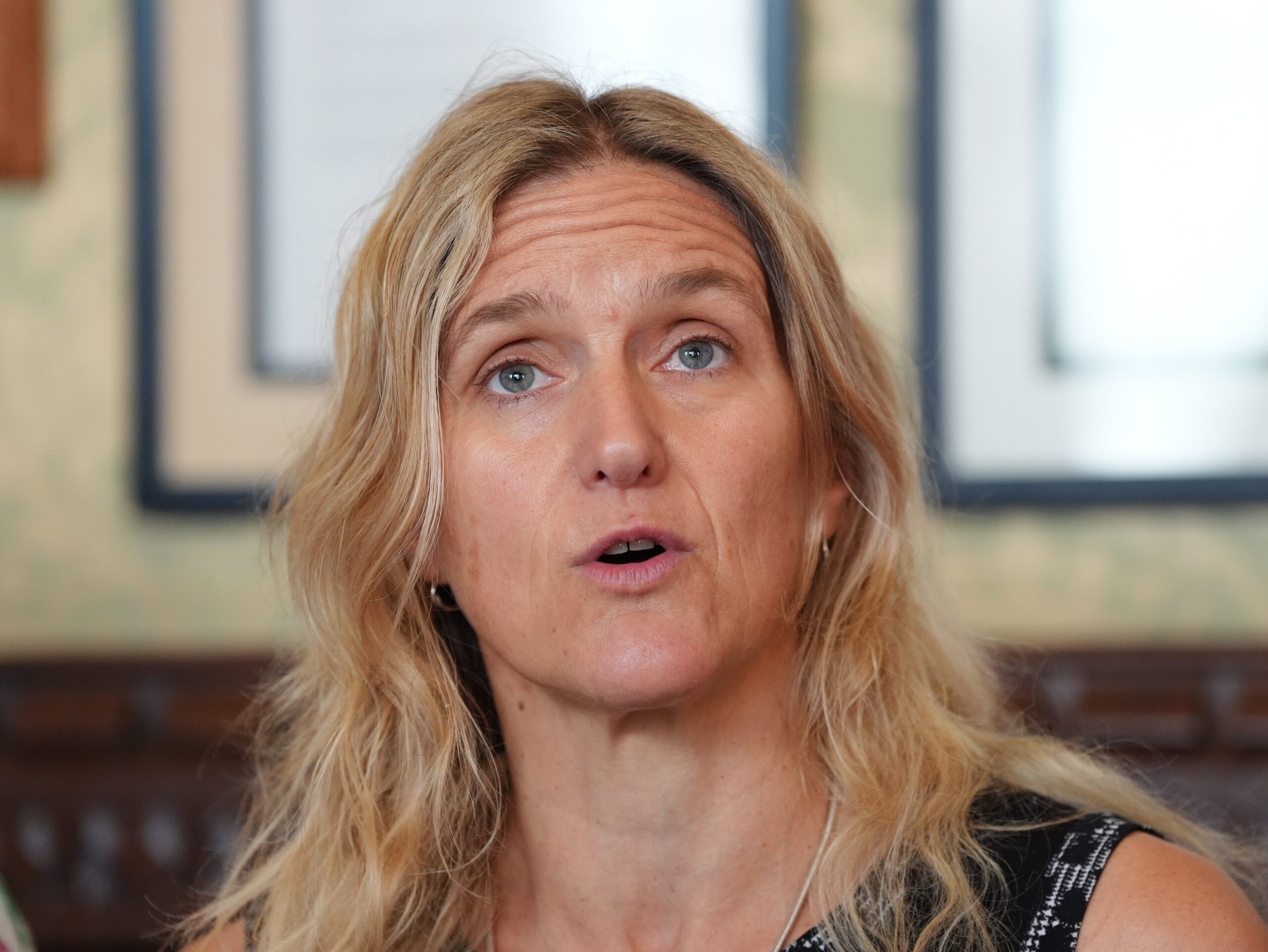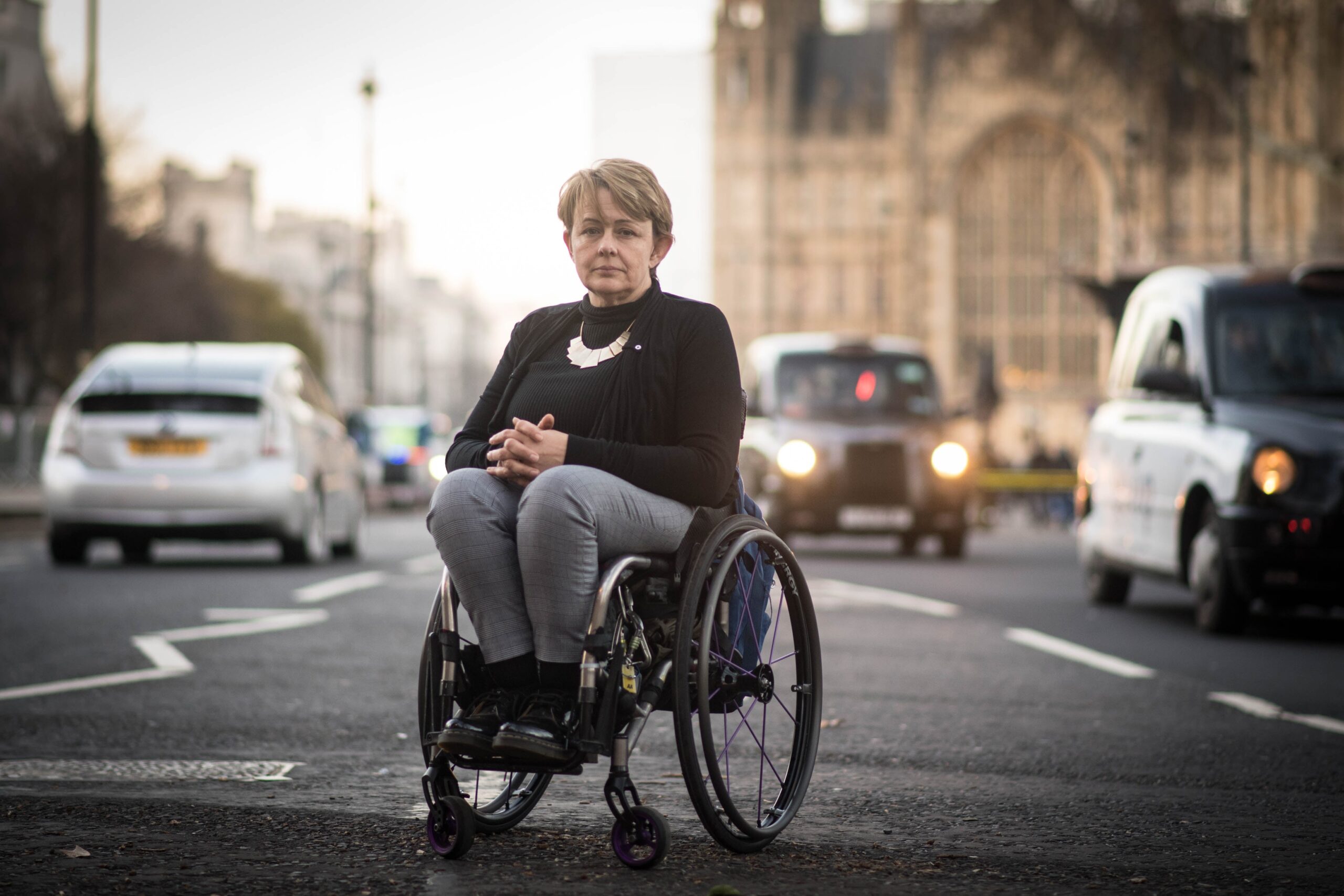Members of the House of Lords are set to ignore warnings and push to attempt to kill off Kim Leadbeater’s assisted dying bill.
Peers opposed to the controversial legislation which narrowly passed in the Commons have been emboldened by a new poll which suggests that 70 per cent think they have the right to vote it down.
The move comes despite the Bill’s sponsor in the Lords, Labour peer Lord Falconer, warning it would be wrong for the unelected upper chamber to overrule the will of the democratically elected chamber.
In an interview with the BBC, Lord Falconer was asked whether the role of the Lords was to “ultimately uphold something that the directly elected members of the Commons have decided to go ahead with”. He replied “That’s correct”.

But the poll of 2,071 British adults by Whitestone Insight found that 70 per cent of those who take an opinion believe that peers have every right to vote against non-government legislation if they consider that it poses a significant risk to vulnerable lives.
Just one in five, or 20 per cent, believe that peers should not vote down legislation introduced as a Private Members’ Bill even if they think it could cause harm to the vulnerable. 45 per cent of all those surveyed believe they should feel at liberty to reject it.
The survey appears to go against previous polling which suggested a majority of the public are in favour of assisted dying.
Baroness Grey-Thompson, the former Paralympian who is now a leading disability campaigner, said: “Despite attempts to suggest otherwise, it seems the public are aware and support the ability of the Lords to reject this Bill should we think it necessary. The Bill is not a Government Bill and did not appear in any manifesto at the last election, so the Salisbury Convention does not apply.
“The most vulnerable in our society are entitled to our unwavering protection and the best quality care – something not provided by this Bill. If this is not possible within the confines of the Bill, we will not hesitate to say so”.
Meanwhile, former minister for the disabled, Tory peer Lord Harper added: “It is striking that, of those who take a position, the majority of people would support the House of Lords rejecting the assisted suicide Bill should it become necessary. The constitutional duty of the House in scrutinising this poorly drafted Bill is perfectly clear.

“If it cannot be improved sufficiently, it is our responsibility to ensure it does not become law. This is not a manifesto Government Bill, and we should not treat it as such”.
It comes a row wages over whether Lords should reject the measure, given the House of Commons supported it.
Members of the House of Lords, under the Salisbury Convention, do not typically vote against Government legislation that was part of a manifesto commitment on which the government was elected. However, the Terminally Ill Adults (End of Life) Bill is a Private Members Bill, so therefore peers are, as a matter of constitutional principle, entitled to reject or heavily amend the legislation.
The Bill’s sponsor in the House of Lords, Lord Falconer, however, claimed in an interview with the BBC that the House of Lords has a duty to uphold legislation approved by the House of Commons.
Despite that claim, Lord Falconer has on at least six prior occasions either voted against or heavily amended legislation approved by the House of Commons.
Nikki da Costa, former Downing Street Director of Legislative Affairs, has challenged Falconer’s position in The Spectator by insisting that “both the House of Commons and the House of Lords play an equal role in the passing of legislation, except when it comes to matters of financial privilege”.
If the Bill is voted down it will return to the Commons who can then vote to ask peers to think again.
The Independent has approached Ms Leadbeater for comment.
